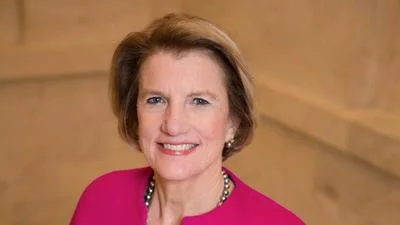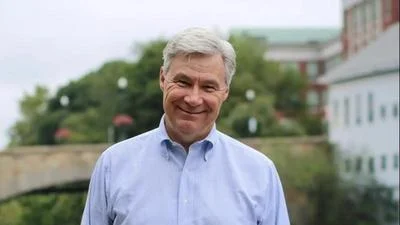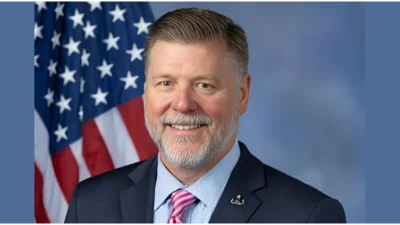Congresswoman Rosa DeLauro (D-CT), Chair of the Labor, Health and Human Services, Education, and Related Agencies Appropriations Subcommittee, delivered the following remarks at the Subcommittee's hearing on the Fiscal Year 2021 budget request for the National Institutes of Health:
Good morning, Dr. Collins. Welcome back to the Labor, HHS, Education appropriations subcommittee.
I would also like to welcome the five Institute and Center Directors joining Dr. Collins today: Dr. Diana Bianchi (Director of the Eunice Kennedy Shriver National Institute of Child Health and Human Development), Dr. Anthony Fauci (Director of the National Institute of Allergy and Infectious Diseases), Dr. Gary Gibbons (Director of the National Heart Lung and Blood Institute), Dr. Doug Lowy (Deputy Director of the National Cancer Institute), and Dr. Nora Volkow (Director of the National Institute on Drug Abuse).
At the start, let me touch on the matter of the coronavirus. I want to thank the director and obviously all the institutes, but particularly, a thank you to Dr. Fauci. The public health experts deserve our praise for the good work they are doing on what is clearly a matter of national importance.
Today, we will be discussing the 2021 budget request for NIH. I want to note that I intend to invite an additional panel of Institute and Center directors to testify in front of the subcommittee later this year. I think subcommittee members learned a lot when we brought up five Institute and Center directors last September.
Before we get into the NIH’s FY 2021 budget request, I would like to start with a matter of urgency: the novel coronavirus, COVID-19. The emergency supplemental will support research on diagnostics, therapeutics, and vaccines for COVID-19 that will be critical to managing this outbreak and saving lives.
I also want to note that NIAID is not starting at square one. Rather, NIAID is building off of years of research on coronaviruses and vaccine development, funded by the sustained investments in biomedical research made by this committee in recent years.
I am proud that the Congress has increased NIH funding by $11.6 billion, or 39 percent, over the past five years. Last year alone, the Congress provided an additional $2.6 billion increase over the fiscal year 2019 level for NIH.
Unfortunately, the President’s budget would reverse this progress. The budget proposes to cut NIH funding by $3.3 billion, or 7.9 percent below the fiscal year 2020 level. This would result in NIH making nearly 1,800 fewer new grants to researchers, a reduction of 16 percent.
This subcommittee will not be pursuing these cuts. I intend to move forward with continued, increased investments in NIH, to build off of the progress made in recent years.
I am especially proud that the Congress provided $25 million for research on firearm violence prevention, including $12.5 million in NIH.
I was glad to see that the NIH budget request maintains funding for research on flu, including on the development of a universal flu vaccine. However, I believe we need to continue to grow this research, as we did in fiscal year 2020. I look forward to hearing more about what NIAID will accomplish with these additional funds.
I was disappointed to see a $559 million cut to the National Cancer Institute. At a time of unprecedented promise in cancer research that has led to more and more promising researchers seeking NCI research grants, cutting funding for NCI sends the wrong message.
In fact, with only a few exceptions, the proposed cuts to NIH would touch every Institute and almost every field of research. Last year, in addition to new funding for several initiatives, we were able to provide a 3.3 percent increase to each NIH Institute and Center. We need to keep that momentum, not reverse it.
I believe my friend, the Ranking Member Tom Cole, will concur. Biomedical research is one of the most important investments a country can make - it gives the gift of life. We must be supporting it and we will.
Thank you again for everything you do. I look forward to our conversation today.
Now, let me turn to my good friend from Oklahoma, the Ranking Member, Mr. Cole, for any opening remarks he may have.
Source: U.S. Department of HCA









